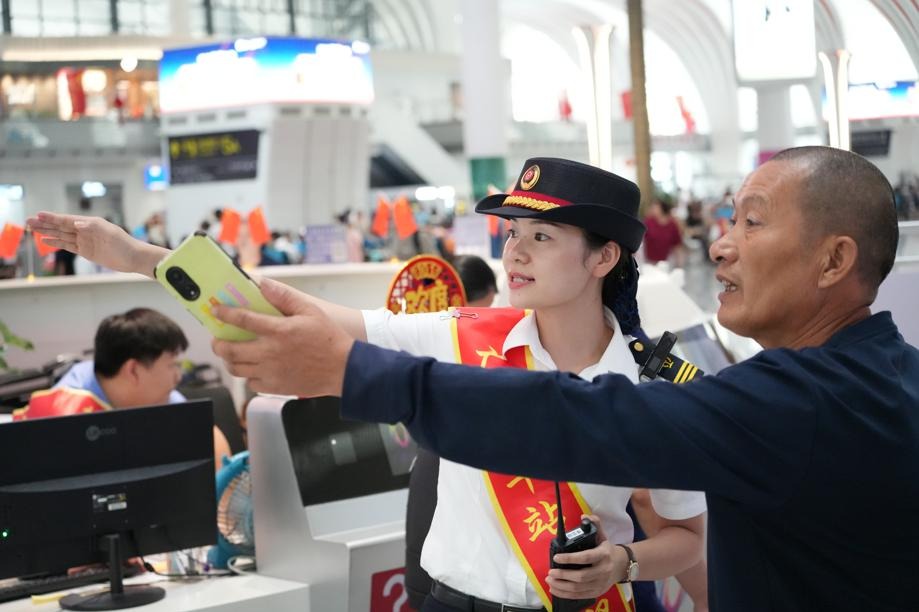No space for China's stay-at-home taikonauts


UNREALIZED DREAM
Li Qinglong jokes that the biggest achievement in his career is mastering Russian. In fact, his achievement is much bigger than that. He coached Yang Liwei, who in 2003 became the first Chinese in space, aboard Shenzhou-5.
Li, 56, and Wu Jie, 55, were selected two years before the Taikonaut Corps was set up. They were sent to Russia in 1996 for training.
In Star City near Moscow, the two crammed training courses that normally take four years into just one, learning Russian as they went along. Wu was even certificated as commander of the Soyuz spacecraft.
Wu dreamed of flying a Chinese spacecraft to dock with the Mir Space Station, but it was decommissioned in 2001.
Back to China, they were favorites to first go into space but after the Taikonaut Corps was founded, they were joined by many more candidates.
Wu was back-up on Shenzhou-6 and Shenzhou-7 missions, but his space dreams remain empty.
"You never saw a sad face from us when we failed to be chosen," said Li. "Our determination would only increase, and we would work harder."
But the sun set on his career in 2014, with Li and four other taikonauts retired from the team with zero flight hours logged.
"We should always remember their names -- Li Qinglong, Wu Jie, Chen Quan, Zhao Chuandong, and Pan Zhanchun," says Jing Haipeng.
"It is a lifelong regret to be unable to go into space," says Zhao. "But some of us still work for the cause in other positions. Our dream goes on in this regard."
- China-Laos Railway handles over 60 million passenger trips
- Bangladesh's young boy recovering after undergoing specialized surgery in Hubei
- Shanghai pioneers music therapy committee to advance mental health care
- No casualties reported after 5.4-magnitude quake in China's Sichuan
- Village in Guangzhou announces subsidy for patients with mosquito-borne diseases
- Guangdong railways set passenger record during National Day holiday





































